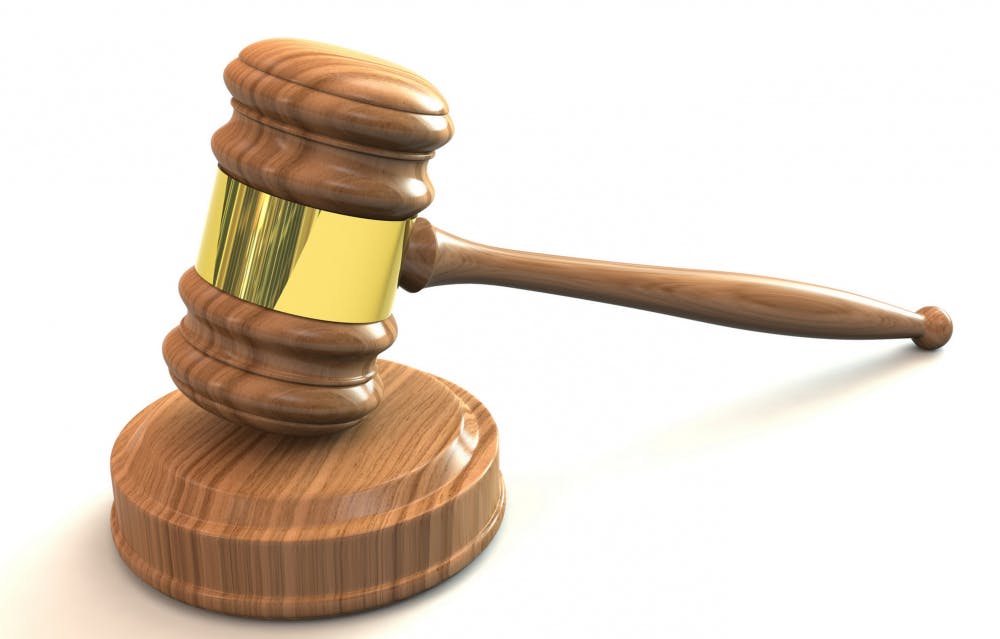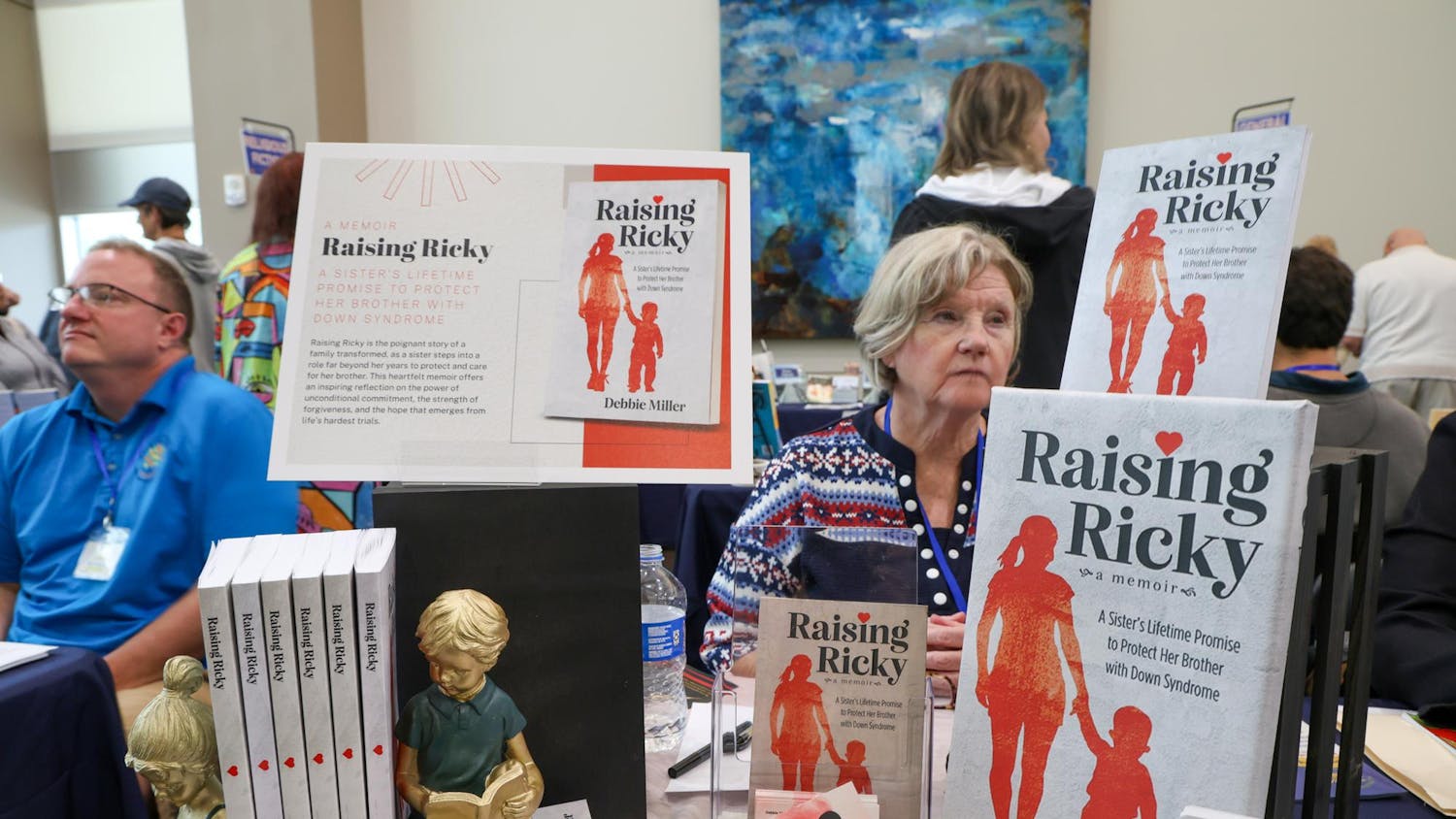Florida is one step closer to expanding voting rights for the formerly incarcerated.
Last week, a federal appeals court decided Florida could not ban 17 formerly incarcerated people, including two from Alachua County, from voting due to unpaid fines or fees.
While the decision for the case, Jones v. DeSantis, only applies to the formerly incarcerated who sued, a decision on all Florida felons with outstanding fees will be decided at a trial in April — after the Florida primaries, but just in time for the 2020 general election.
The recent ruling came nearly two years after about 65 percent of Floridians voted ‘yes’ to Amendment 4, which restores voting rights to felons who have finished their sentences, excluding those who committed murder or felony sexual offenses.
However, last June, the Republican-controlled Florida Legislature passed State Bill 7066, which required payment of all court-related fees as part of completing a punishment.
Arthur Rizer, the director of criminal justice and civil liberties at R Street Institute, a public policy research organization, believes this added hurdle to voting is unnecessary.
“Everything in our penal code should be related to public safety,” he said. “I don’t see a public safety means to prevent people from voting.”
Rizer, who is also an adjunct professor at George Mason University’s law school, was part of the team of lawyers who crafted the legal argument against the voting restrictions in Jones v. DeSantis.
He believes that formerly incarcerated people should have their voting rights restored once they’re no longer incarcerated.
“When you’re out, you’re out,” he said. “We should bring you back to society as quickly as possible, and voting is one of the easiest things that we can do to make that happen.”
Almost immediately after the Republican Legislature’s decision, the plaintiffs, including Gainesville resident Jeff Gruver and Alachua County resident Kristopher Wrench, whose only obstacle to voting was being unable to afford fees, sued to regain their right to vote, according to public records.
“It’s not even about the court costs,” said Elizabeth Laura Whitaker, 31, who served time in Pasco County Jail for theft, burglary, dealing in stolen property, writing a bad check and credit card fraud. “It’s really just about the fact that these people are felons.”
Whitaker, who said she knows many people affected by Amendment 4, believes state politicians are using the stigma surrounding felons to justify suppressing the votes of the group, which consists of nearly 2 million people.
“I know a lot of people who are felons who have no idea what’s going on politically because felons being able to get their rights to vote back is such a new thing,” she said.
Rizer said he doesn’t believe that granting voting rights to all felons will drastically change the political landscape, as they probably will not be very politically active. He compared this to the voter turnout of young people.
He also said he doesn’t think the Republican Legislature made voting rights more restrictive as a voter suppression tactic or out of malice. He said he just wishes these groups were more politically active.
“I wish that was the case,” he said. “I wish they were more involved in everything.”
Contact Samantha Chery at schery@alligator.org. Follow her on Twitter @sammychery4276.






